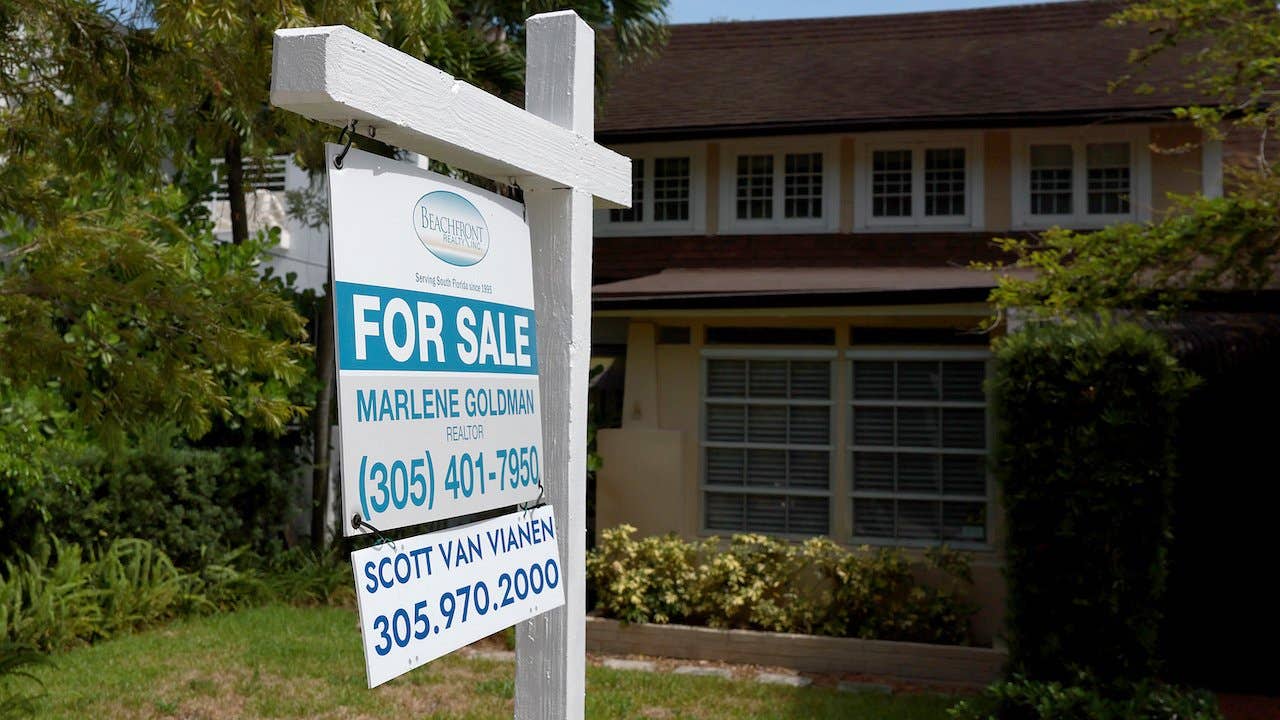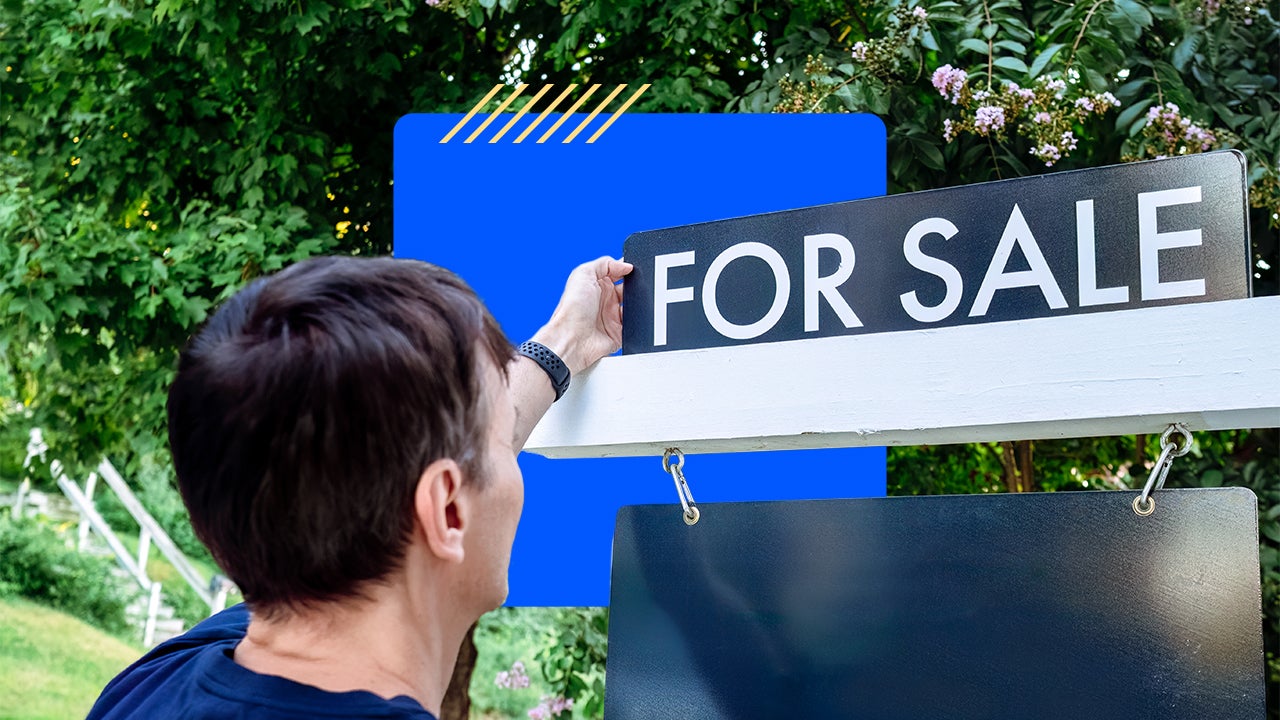Selling your house after 1 year or less: Is it a good idea?




Buying a home is a big deal — probably the biggest single purchase a person ever makes — and most people hunker down once they’ve done so. U.S. homeowners typically stay put for more than a decade: a median of 11.9 years, according to a 2024 study by Redfin.
But some people find it necessary to sell their home sooner — sometimes much sooner. How soon can you sell a house after buying it? Selling after one year is uncommon, but it’s not unheard of. Here’s what you need to know about putting your home back on the market after owning it for just a year (or less).
Drawbacks of selling a house after 1 year
Under most circumstances, there are no legal restrictions preventing you from selling your home after owning it for less than a year. In fact, if you wanted to, you could put your home back on the market immediately after closing on it.
That said, you are likely to face some financial challenges in pursuing this route. For instance, “if you used a first-time homebuyer program or grant program, you may have some type of fee that will be owed upon the sale of the property,” says Amy Cherry Taylor, a Realtor and associate broker at Amy Cherry Taylor & Associates in Fredericksburg, Virginia. Here are some of the most common “cons” of selling too soon.
- Capital gains taxes: If you earn a profit on the sale, capital gains taxes are likely to be the biggest expense you will face when selling your home so soon after purchasing it. You’d fare better on this front if the home was your primary residence for at least 24 consecutive months: “Capital gains tax will be owed if you have not [yet] lived in your primary residence for two years,” says Taylor. Short-term capital gains, on assets held less than one year, are taxed as ordinary income at a rate that can be as high as 37 percent, and figuring out how much you owe can be complex, so it’s smart to seek advice from a pro. “You will want to speak with your tax advisor,” says Taylor.
- Mortgage prepayment penalties: Some mortgage lenders may charge you a prepayment penalty for retiring your home loan so soon. Most U.S. loans do not contain this penalty, but it’s smart to check just to be sure.
- Closing costs: Selling a home isn’t pure profit — even sellers have to pay closing costs. The exact amount will vary depending on which state you’re in and how much the home sells for, but the total can easily run into the thousands. Paying another round of closing costs so soon after you paid them to buy the home can be a drain on your finances. (And you’ll have to wait to get the funds back in your escrow account, unless you can get a credit for them at closing.) The same goes for the cost of moving again so soon.
- Realtor commissions: If you use a real estate agent to sell your home, you’ll have to pay that agent a commission fee. This typically runs between 2.5 and 3 percent of the home’s sale price: On a home that sells for $300,000, for example, 3 percent comes to $9,000. And if you agree to pay your buyer’s agent’s fee as well, as many sellers do (though it is not required), you can expect to double that amount.
- Potential net loss: Your combined transaction costs, plus possible prepayment penalties and taxes, may even force you into a loss on the home if its appreciation is not enough to cover these expenses.
Exceptions
There are some exceptions that may allow you to avoid paying additional fees for selling your home within the first year of ownership. These include if the sale was due to hardships like job loss, divorce or a death in the household. You may also be able to receive an exception for military service. Be sure to consult with an attorney if you believe you are eligible for one of these exceptions — your real estate agent may also be able to help you determine eligibility.
Tips if you must sell after only 1 year
Moving within a year or less of buying a house is not ideal, and avoiding it is best if possible. If you can hold on to the home for at least two years, you can likely avoid paying costly capital gains taxes. But if you can’t, there are some options that can help make the best of this difficult scenario.
- Stage it well: Some sellers might wonder whether something is wrong with the home to make it return to the market so quickly. Professional staging can help mitigate that by presenting the home in its best light and emphasizing its best attributes. (Keep in mind, though, that this will be another expense.)
- Consider alternative selling platforms: If you are in a rush and really need to sell fast, look into local cash-homebuying companies. Cash deals close much more quickly than ones that involve financing and lenders. Depending on your location, you may also be able to get an instant online offer from an iBuyer; these firms also pay in cash and operate very quickly. Neither of these routes will net you as much money as a traditional sale, but they will get you that money much faster.
- Work with an experienced agent: Perhaps the most important part of selling a home after owning it for less than a year is working with an experienced pro who knows how to handle these situations. Finding an agent who can confidently navigate your tricky circumstances is always helpful in unique selling situations.
Bottom line
Selling your home after just one year, or even less, is certainly possible. However, doing so has tax implications and transactional costs that make it an expensive prospect. Waiting two years is best, if possible, to avoid potential capital gains taxes; to ensure you break even on your homebuying expenses; and to build up a solid equity stake in the property. If you know going into the purchase that there’s a chance you might have to sell early, it might be best to rent.
FAQs
Why we ask for feedback Your feedback helps us improve our content and services. It takes less than a minute to complete.
Your responses are anonymous and will only be used for improving our website.
You may also like

How to sell your house fast in Tennessee

Should I sell my house now or wait?


